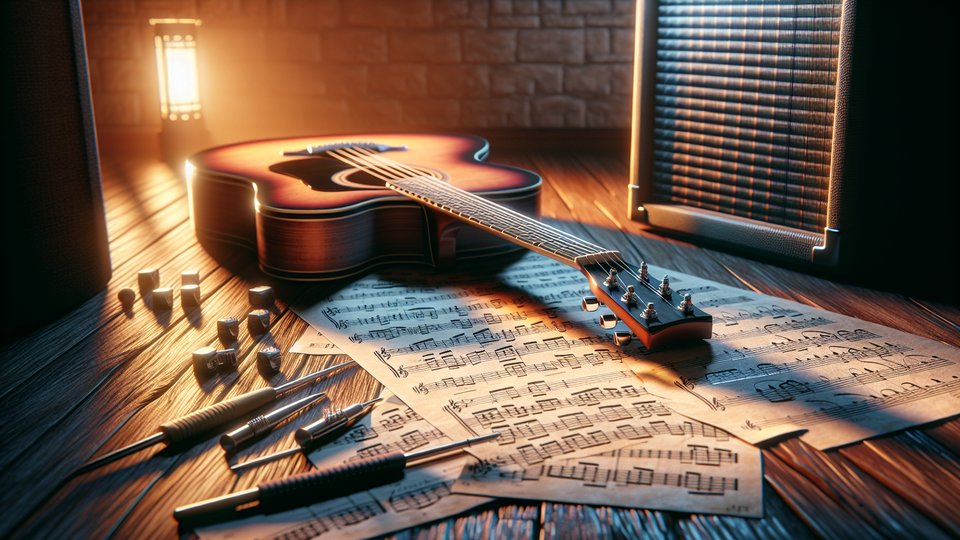
Understanding major and minor chords is fundamental to mastering the guitar.
Understanding major and minor chords is fundamental to mastering the guitar. These two types of chords play a crucial role in music theory and form the basis of countless songs across various genres. If you are looking to enhance your guitar skills, grasping the difference between major and minor chords and their functions is essential.
Major chords have a bright and happy sound, often associated with feelings of joy and contentment. In contrast, minor chords evoke a more sombre and melancholic mood, conveying emotions of sadness or introspection. The distinction lies in the intervals between the notes that make up each chord. Major chords consist of a root note, a major third, and a perfect fifth, creating a stable and consonant sound. On the other hand, minor chords feature a root note, a minor third, and a perfect fifth, which contributes to their more subdued and emotive quality.
When it comes to their functions in music, major chords are typically seen as stable and resolved, providing a sense of completion. They are often used to establish a song's key and create a harmonious foundation. In contrast, minor chords can add depth and complexity, introducing tension and drama into a musical piece. They are frequently employed to convey a sense of longing or uncertainty, adding emotional depth to the music.
To further your understanding of major and minor chords, it can be beneficial to visualise triads on the fretboard using online tools. By exploring different voicings and shapes, you can develop a comprehensive knowledge of how these chords are constructed and where they can be found across the neck. Additionally, ear training exercises can help you recognise the distinct sound of major and minor chords, honing your ability to identify them in songs and improvisations.
In summary, major and minor chords are foundational elements of guitar playing, each serving a unique purpose in creating musical expression. By delving into the nuances of these chords and their functions, you can expand your repertoire and enhance your playing capabilities. So, take the time to explore the intricacies of major and minor chords, and unlock new possibilities in your guitar journey.

As you progress in your guitar training, remember the significance of major and minor chords in shaping your musical repertoire. By mastering these essential components of music theory, you can elevate your playing to new heights and imbue your performances with depth and emotion.
